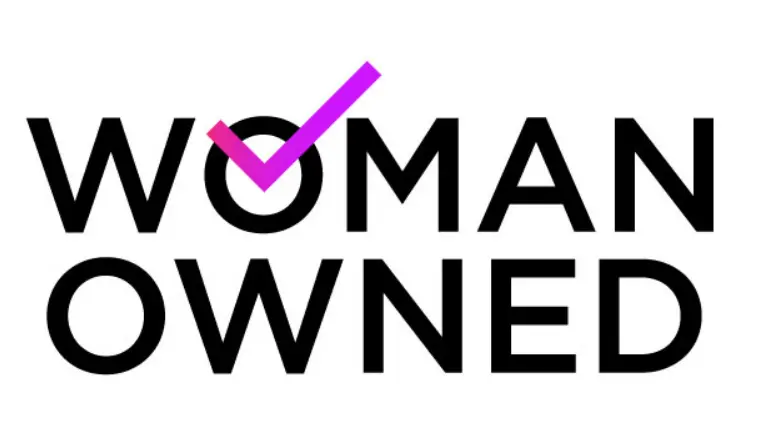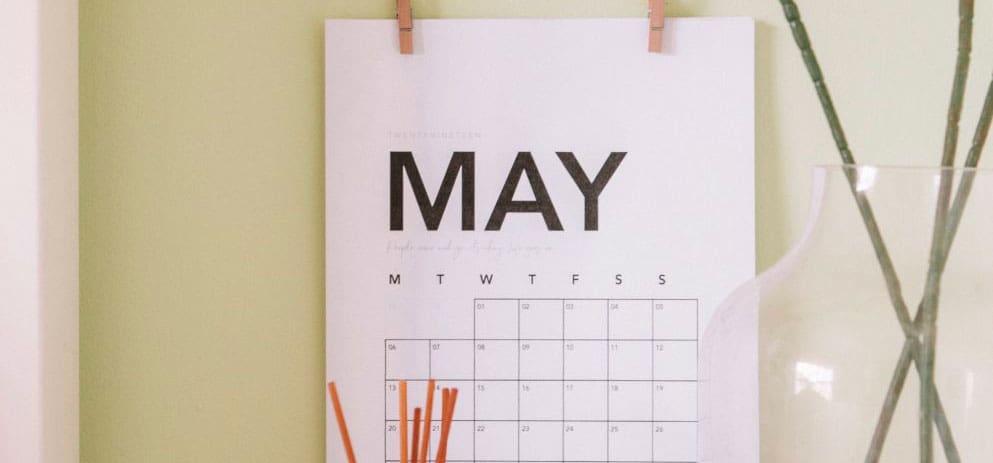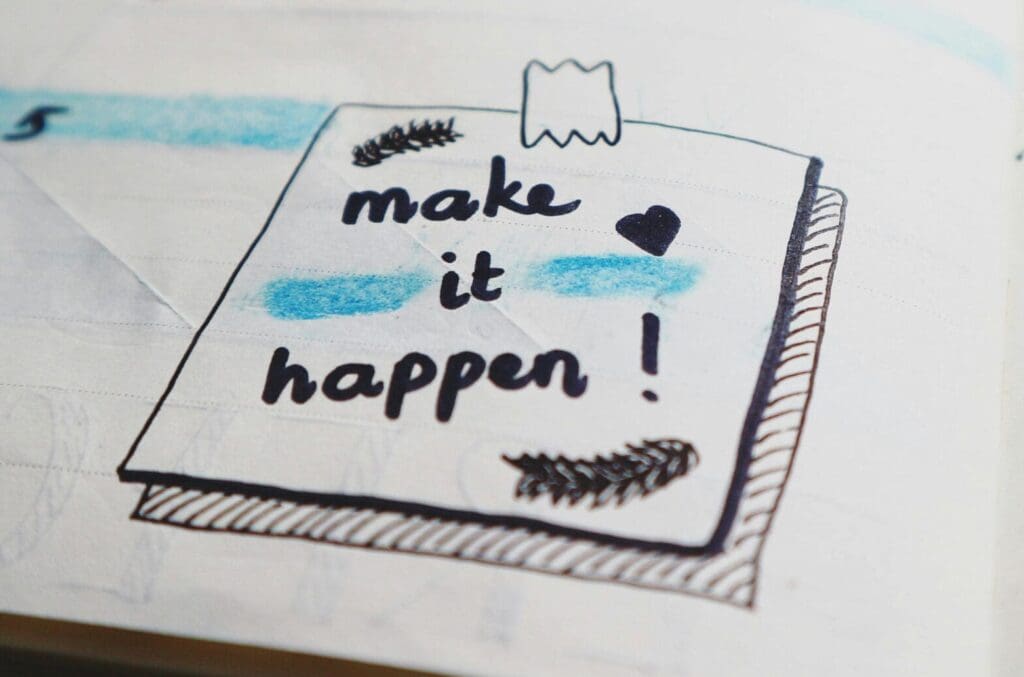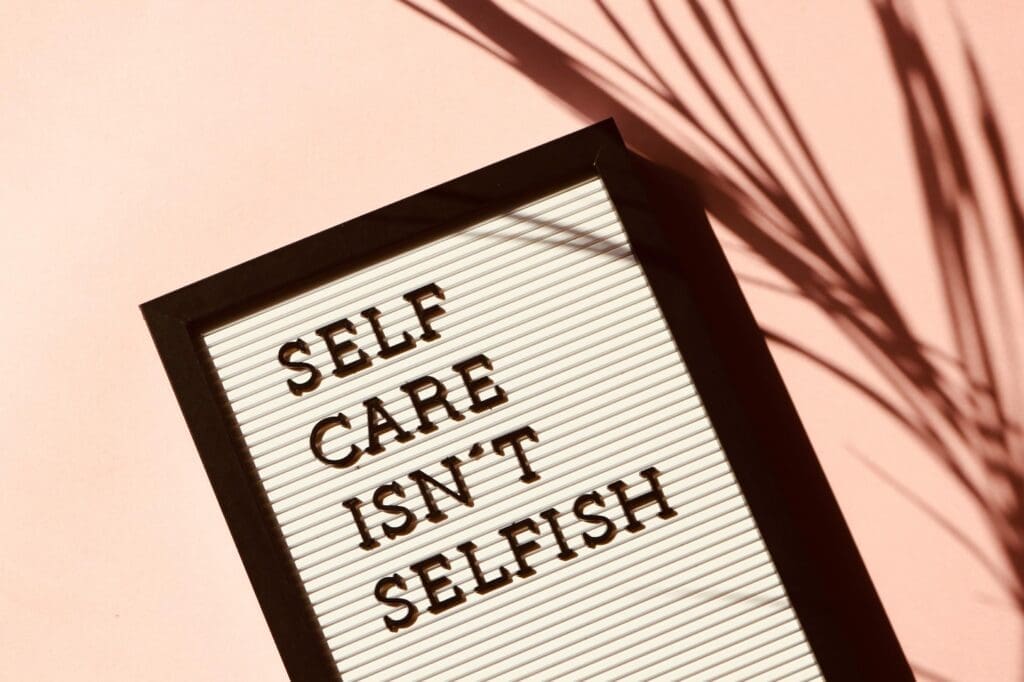In honor of May being Mental Health Awareness Month, we wanted to take this opportunity to let you know that you are not alone in your mental health struggle. We were inspired by the National Alliance on Mental Illness’ (NAMI) May 2021 campaign to spread this message.
Many people feel isolated with their mental health conditions, especially during the COVID-19 pandemic. We want to provide you some reassuring statistics and resources that may help you feel connected.
According to NAMI, 1 in 5 U.S. adults experience a mental illness. In addition, 17 percent of children experience a mental health disorder. Not surprisingly, COVID-19 has increased the average amount of people reported with mental illnesses.
The Mental Health American (MHA) report revealed that in 2020, 1.5 million more adults who took their survey experienced a mental illness, with 4 out of 5 experiencing moderate to severe anxiety or depression symptoms. Young people are struggling even more with their mental health. Since 2019, 9 percent more youth have received mental health screenings. They have been the most common age group to report moderate to severe symptoms of anxiety and depression.
Although rates of depression, anxiety and suicidal ideation are steadily increasing for everyone in the U.S., there are certain people that are more at risk than others. Black, African American, Native American, American Indian, Asian and Pacific Islander populations have experienced a notable increase in mental health screenings.
Black or African American populations have had the biggest percent increase for anxiety and depression screenings. Likewise, Native American or American Indian screeners have had the largest prevalence of suicidal ideations. Asian or Pacific Islanders are also searching for mental resources more than ever recorded in history.
We at Joelle Rabow Maletis & Associates stand in support of those fighting for justice and equality impacted by institutionalized racism. Our mission is to help individuals end their suffering and build lives worth living. We are committed to taking actionable steps toward systemic change in our own organization to better support our community, including BIPOC.
During the pandemic, everyone has been forced to socially distance from their friends and family. From April to September 2020, during the peak of COVID-19 outbreaks, 70 percent of people with moderate to severe anxiety and depression symptoms reported that loneliness and isolation was a main cause.
This month, we want you to know that you are not alone. Your feelings are valid and many people are experiencing similar emotions, thoughts and fears as you. If you’re concerned bout your feelings and need immediate help, please call 911 and go to your nearest emergency department. Should you need more information and assistance, we have listed some resources to help you receive the care you are looking for.
Here are some resources to reach out and get help:
- If you are experiencing suicidal thoughts, please call the Suicide Prevention Lifeline at (800) 273-8255.
- To receive referrals to local treatment facilities, support groups and community-based organizations, you can call the SAMHSA National Helpline at 1-800-662-HELP.
- To ask questions, receive support and practical next steps, you can also call the NAMI Helpline at 1-800-950-NAMI.
- To talk with one of our licensed therapists, schedule an appointment with us.
- To stay informed and support BLM, POC, LGBTQIA and other communities in need, check out our listed resources on our website.
At JRM&A we lead with compassionate, trauma-informed therapeutic models that are personalized and solution-focused to help support our clients’ needs and attain their personal goals. We want to spread the message that you are not alone in your mental health struggle and we are here to help you.




